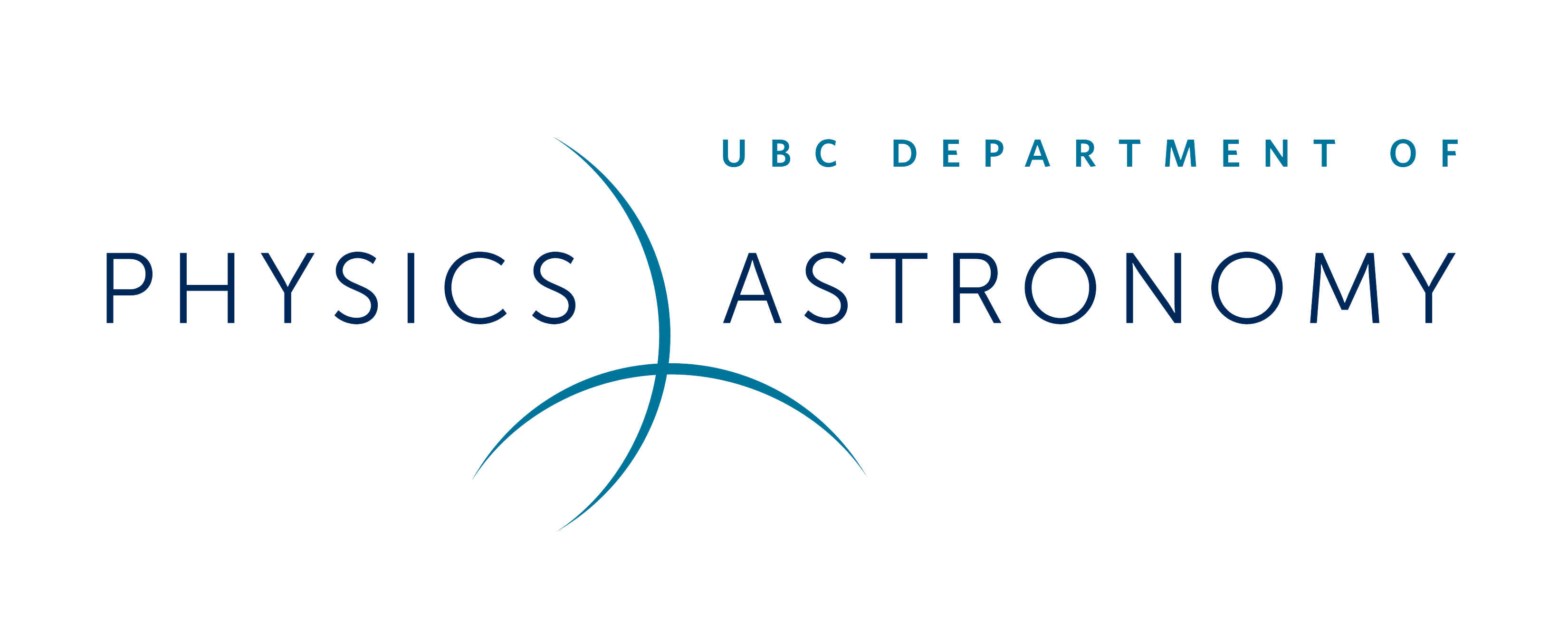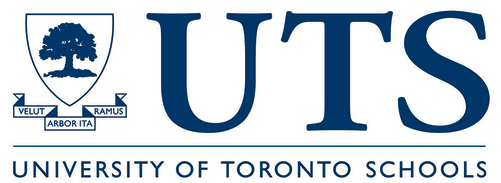Report on Canada's participation in the 8th European Physics Olympiad in Kutaisi, Georgia

By Lior Silberman, UBC
This year we had a different experience, participating in the European Physics Olympiad (EuPhO) which has a different style and format from the International Physics Olympiad (IPhO) where we usually compete (this year’s IPhO was held in Isfahan, Iran).
The 8th EuPhO took place July 15 to July 19, 2024 in Kutaisi, Georgia.
The Georgian organizers did a commendable job running the competition and marking the problems, which were created by the EuPhO Academic Committee, especially with the challenge of having about double the usual number of participating countries. The problems were very well designed not only to challenge the best high school physics students in the world but also to interest them in subject of physics usually not taught in schools and to teach them some new skills.
The experimental problem was based on a piezoelectric crystal and its use to measure mechanical properties of other objects. It asked students to measure the piezoelectric properties of a crystal and then used it to study the deformation of an elastic ball that was dropped on the crystal. The problem required a creative use of given experimental components, designing appropriate circuits to get precise measurements (e.g. dealing with the capacitance of the multimeter), graphing measured data, and calculating result. It tested very well the experimental skills of the students.
The first theoretical problem was a problem in mechanics, analyzing impulse as a sliding puck collides with a concave semicircular fence and eventually rebounds from it. The second theoretical problem led students through calculating the relativistic Doppler effect for signals of subluminal speed. The third problem concerned analyzing the Fabry-Pérot interferometer. The problems were difficult, with a best overall score of 86%
The generosity of our sponsors: UBC, the Trottier Family Foundation. Sonny Chan, IPhO alumnus (1998,1999) and medalist, TRIUMF Canada’s particle accelerator, the University of Toronto Schools and the UBC Physics and Astronomy Department allowed us to organize in Vancouver an 8-day Olympiad finals and training event for 17 top students from the Canadian Association of Physicists High School Exam and select the team for EuPhO. All the students’ travel and accommodation expenses for the finals and IPhO were covered by the Canadian Physics Olympiad.
The five members of this year’s Canadian team were selected from the 2024 CAP Exam top 20 students who participated in this year’s National Training camp:
- Zander Li from Laurel Heights Secondary School, ON, student of teacher David Vrolyk
- Harry Gong from St. George’s School, BC, student of teacher Nathan Moens
- Zhou Long from Access Academy, AB, student of teacher Kevin Sunie
- Tristan Lee Yan-Klassen from Eric Hamber Secondary, BC, student of teacher Mark Lam
- Athanasios Mavrakanas from Marianopolis College, QB, student of teacher Baharak Fatholahzadeh
The team leader was Dr. Lior Silberman, professor of mathematics at UBC and past IPhO contestant (1994 Israeli team).
The Olympiad was held at Kutaisi University, a new university (founded 2020) in Kutaisi Georgia. The opening ceremony and closing ceremonies featured formal speeches by the Georgian Minister for Education, the EuPhO president, and the mayor of Kutaisi and the head of organizing committee, as well as artistic demonstrations of traditional Georgian culture including both dancing and singing. The compressed EuPhO schedule provided less time for cultural exploration but there was time for some excursions to nearby historical monuments.
54 teams participated in this year’s Olympiad. Our students did very well considering their short training (as compared to the countries with many gold medalists, which train their team for 1 to 2 years).
Zander Li won a gold medal, finishing 21st of 186 competitors. Harry Gong and Tristan Yan-Klassen won bronze medals, and Zhou Long and Athanasios Mavrakanas won honourable mentions.
Learn More:
- Kutaisi International University: EuPhO2024 Results are Announced
- EuPhO main website
- International Physics Olympiad 2025
- Canadian Physics Olympiad





